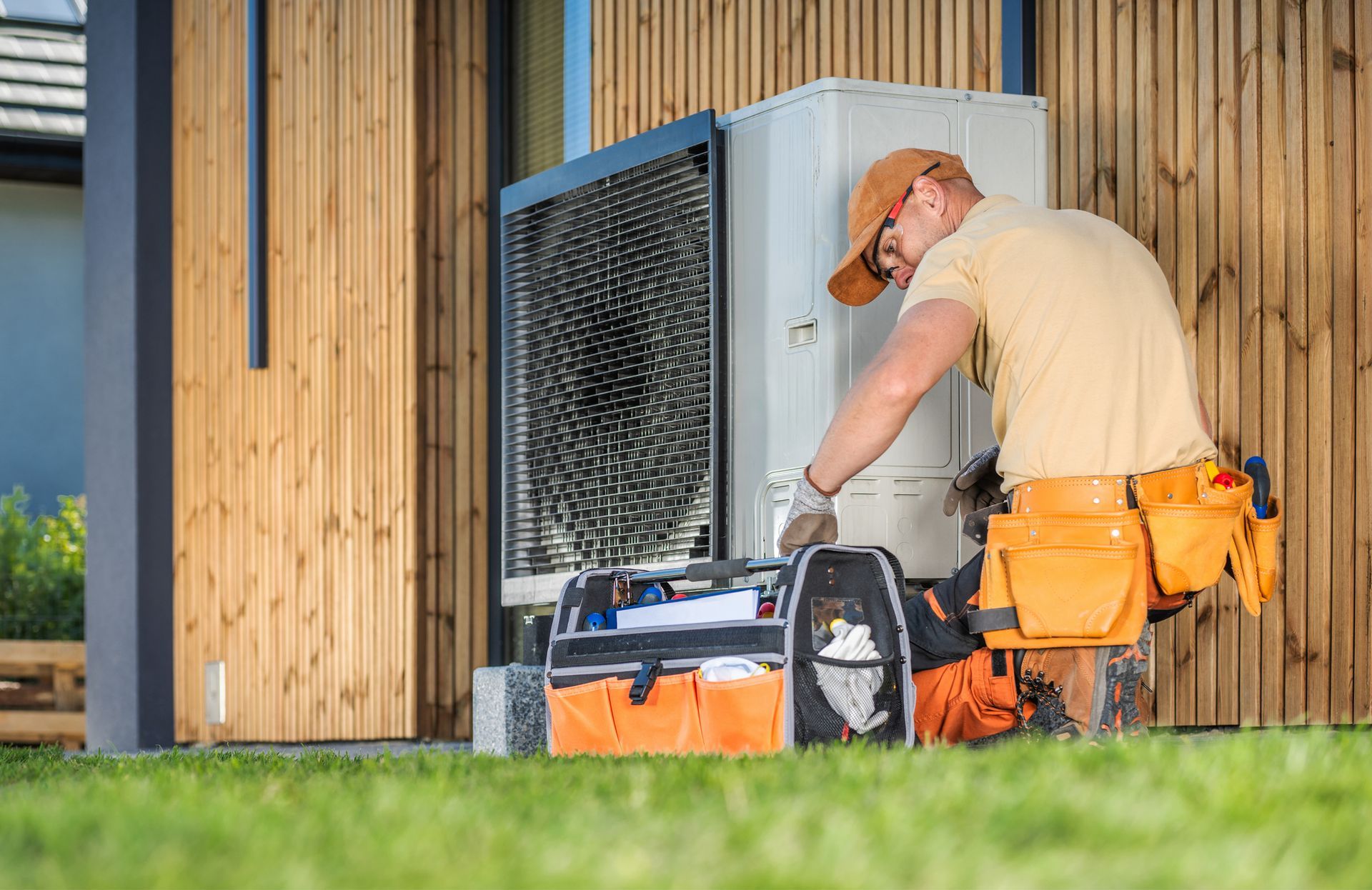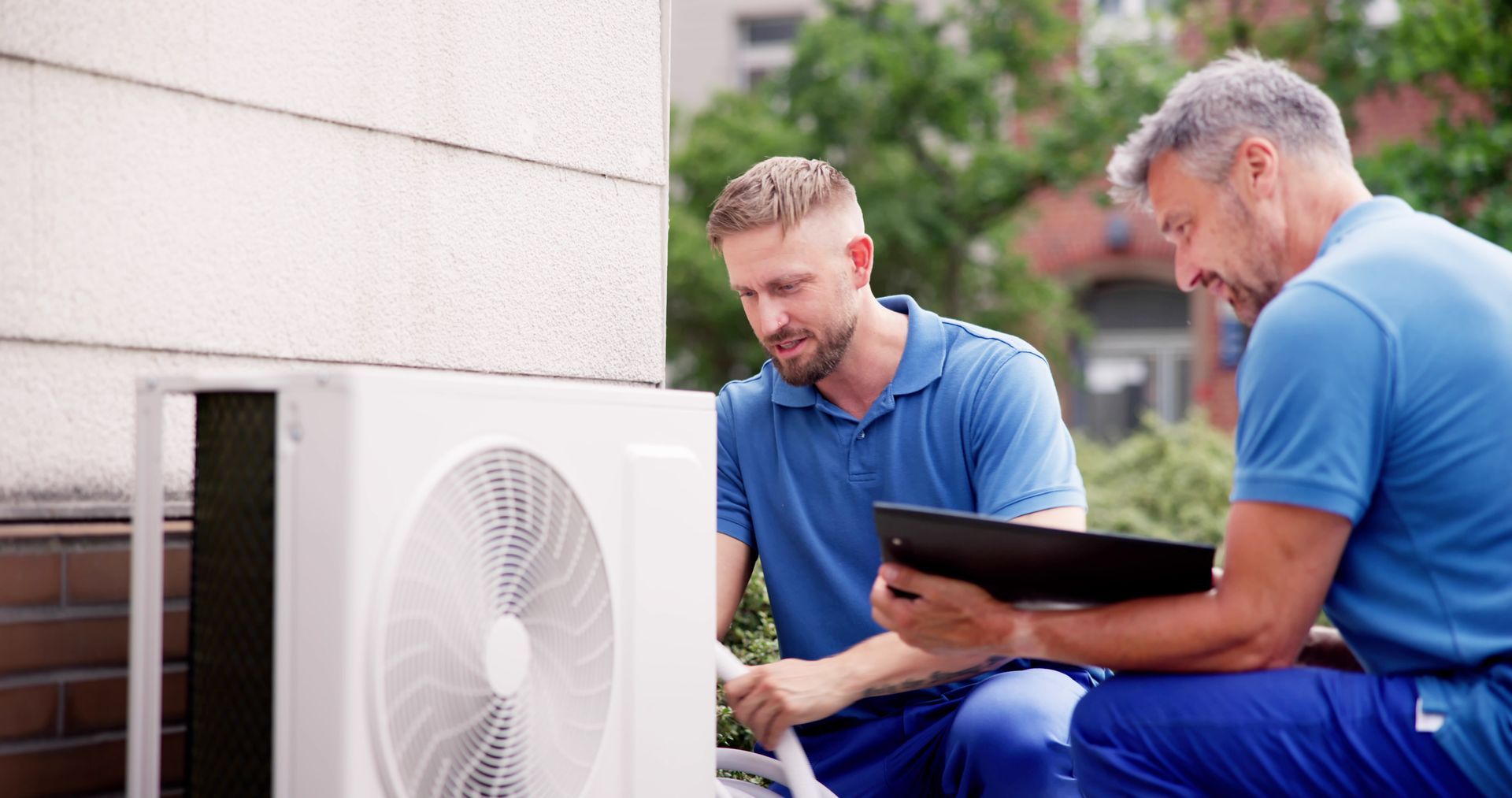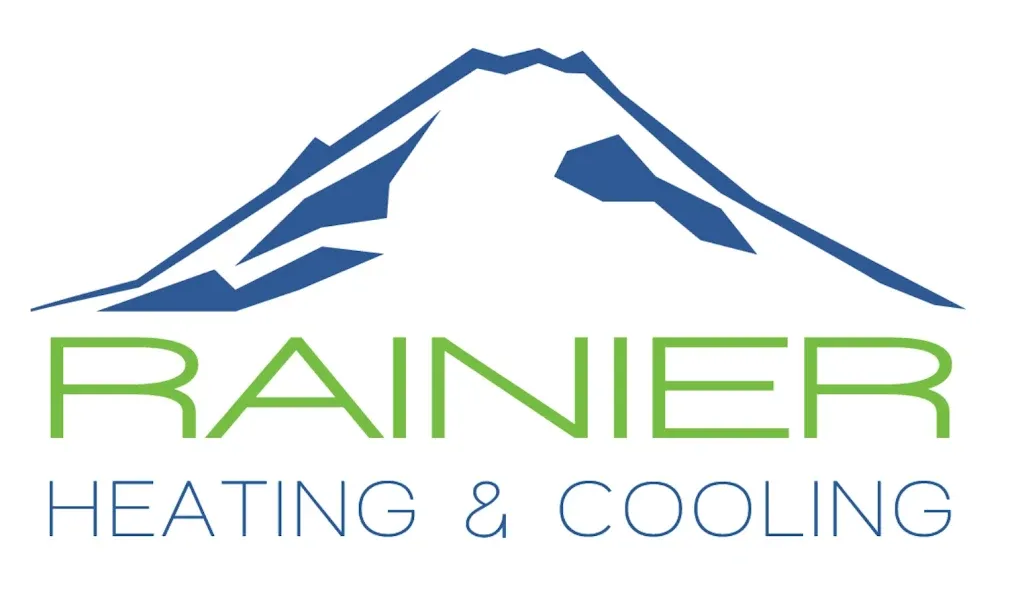If your air conditioner makes clunking, screeching, or clicking noises when turned on, this is most likely an indication of damage within the HVAC system. It is better to look for Puyallup heating and air conditioning reviews and contact an HVAC specialist accordingly.
Keep in mind that if your unit produces noises during the entire duration of running, it might be a sign of another problem. Here are a few sounds that indicate a repair upon initially starting your unit.
Understanding and Addressing Loud Noises from Your Air Conditioner
If your air conditioner makes clunking, screeching, or clicking noises when turned on, it's likely a sign of damage within the HVAC system. These noises aren't just annoying; they can indicate serious issues that, if ignored, could lead to more extensive damage and costly repairs. If you’re experiencing such problems, it's crucial to look for Puyallup heating and air conditioning reviews and contact an HVAC specialist accordingly.
Keep in mind that if your unit produces noises during the entire duration of running, it might be a sign of another problem. Let's explore the various sounds your air conditioner might make and what they could mean for your system.
Loud AC Noises and What They Mean
Recognizing the specific sounds coming from your A/C can help you address issues swiftly and increase the lifespan of your AC unit. Here are some common noises and their meanings:
1. Clanging and Banging Sounds
If you hear loud pounding from your unit each time you start it, it could be a sign of debris within the unit. Alternatively, it might indicate a loose fan knocking against the HVAC cage. If you detect this sound from your unit, cut it off immediately to prevent further damage.
- Cause: Debris in the unit or a loose fan
- Fix: Remove the blockage or tighten the fan back in place.
2. Screeching Sound
A screeching noise, similar to metal grinding against metal, could be an indication that your fan motor bearings have failed. While this isn’t a critically urgent condition, it’s best to keep your AC unit off until you can get an HVAC professional into your house.
- Cause: The fan motor bearings have been irreversibly damaged.
- Fix: Replacement of the fan motor.
3. Clicking Sound
If your unit produces clicking sounds when you attempt to start the device, but it never turns on, electrical issues could be at play. These might involve the thermostat, compressor, or capacitor being faulty. It's important not to try to repair this problem on your own.
- Cause: Electrical issues, possibly with the thermostat, compressor, or capacitor.
- Fix: Call your HVAC specialist. Avoid DIY fixes for electrical problems.
4. Hissing or Whistling Noise
A hissing or whistling noise could suggest a refrigerant leak, which can be hazardous if not addressed quickly. This noise indicates that your unit is struggling to maintain adequate pressure levels.
- Cause: Refrigerant leak or damaged compressor.
- Fix: Turn off the unit and contact a professional immediately.
5. Buzzing Sound
A buzzing noise may signify electrical problems, such as a malfunctioning circuit breaker or wiring issues. These problems can potentially lead to a fire hazard.
- Cause: Electrical issues or debris in the condenser fan motor.
- Fix: Shut down the unit and call a certified HVAC technician.
Common Fixes for Loud A/C Units
To maintain the efficiency and lifespan of your air conditioning unit, here are some common fixes that homeowners can perform or request during a maintenance visit:
Clean and Straighten Coil Fins
Maintaining the coil fins on your unit might help improve efficiency. Consider straightening coil fins with a fin comb and using a vacuum with a brush extension to pick up any residual dirt.
Tighten Loose Screws
Vibration while running can cause screws within your device to loosen, potentially creating a rattling noise during operation. This can eventually lead to pieces breaking free within the device. Have all loose screws tightened during routine maintenance calls or while attempting to fix the noise issue.
Remove Debris Caught in Blades
Opening the A/C cabinet to find the fan and looking for any debris is a crucial step. Remove any debris you find around the fan blades to prevent banging and clanging noises emanating from your machine upon startup. This is an easy remedy that should just take a few minutes.
Ensure That the Motor is Lubricated
A screeching or grinding sound at the beginning might indicate an unlubricated motor. Ensure the motor is properly lubricated to prevent these noises.
Additional Tips for Maintaining Your AC System
Schedule Regular Maintenance
Regular maintenance is key to preventing potential issues with your AC unit. Schedule an annual check-up with a professional HVAC technician to ensure all components are functioning properly.
Replace Air Filters Regularly
Clogged air filters can cause your unit to work harder, leading to increased noise and reduced efficiency. Replace your air filters every 1-3 months, depending on usage.
Inspect Ductwork
Leaky or damaged ductwork can also contribute to strange noises and reduced efficiency. Have your ductwork inspected and sealed if necessary.
For any of the concerns stated above or others, like your air conditioning creating a pulsing noise, it’s preferable to call a professional for air conditioner repair in Puyallup rather than put yourself at risk.
Rainier Heating & Cooling LLC. can fix your AC right away or provide an air conditioner replacement in Puyallup— Call us today to learn more!















